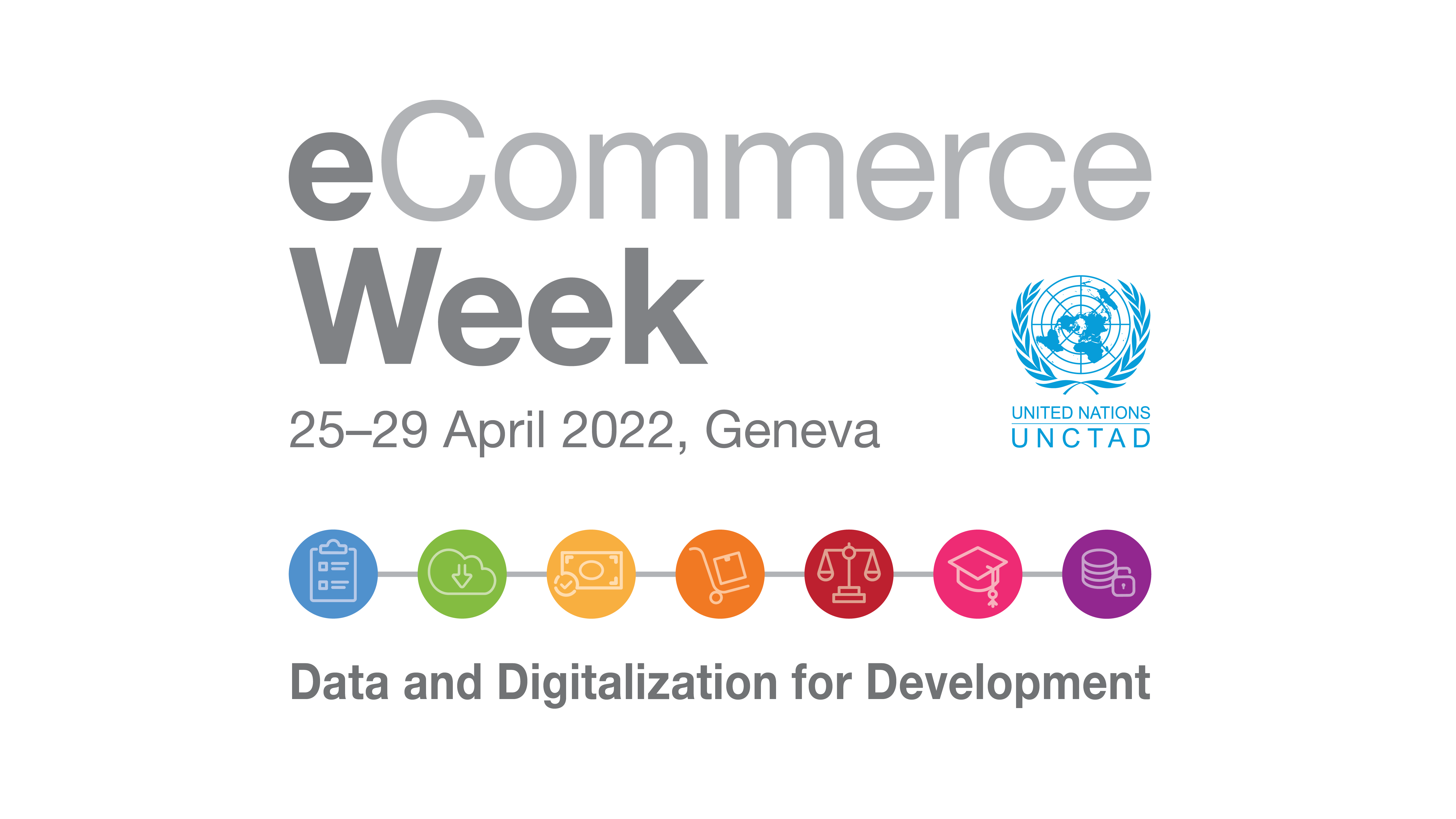Tackling the digital gender divide – Peer learning across developing regions
28 Apr 2022 14:00h - 15:00h
Event report
As the e-commerce sector expands drastically after the COVID-19 pandemic, digital divides across the gendered fault line have become aggravated. The panellists urged for an increase in female entrepreneur participation in the digital space, opportunities to incorporate women and gender equality, and the sharing of success stories for positive progress.
The accelerating digital transformation has witnessed the growth of e-commerce opportunities and the rise of many small and medium-sized enterprises (SMEs); however, there is a significant gender imbalance. Under the backdrop of the COVID-19 pandemic, which further spurred the expansion of the digital economy, women were more impacted than men and have worsened in their digital workforce participation. Ms Giulia Ajmone Marsan (Director, Strategy and Partnership, ERIA) opened the session by welcoming female entrepreneurs and experts from all over the world to address these thorny issues. She emphasised the need to promote female entrepreneurship and link it to a more inclusive economy.
Ms Viridiana Garcia-Quiles (Programme Management Officer, UNCTAD) highlighted three elements to set the scene: 1) There is a need to increase the participation of female entrepreneurs in the digital space. 2) We need to identify opportunities that could further incorporate gender equality. 3) We need to share hope and optimism about our progress.
The first item pointed to the fact that most SMEs, which account for the majority of the digital space apart from a few big players, are still predominantly owned by men. According to Garcia-Quiles, men are 1.7 times more likely than women to kickstart their own business, and 90% of the startups looking for venture capital have been founded by men. Other speakers pointed out two dimensions of the issue. The first concerns the acquisition of digital skills, with Ms Birame Sock (Founder and CEO, Kwely) mentioning women’s hesitance about joining the digital space as they perceive having a high level of proficiency in technical backgrounds as a prerequisite. Ms Aimi Ramlee (Co-founder, SoutheastAsiaWomen.org) shared the same concern that more investment in STEM education must be made to bridge this skill gap. Not to overlook career women, Dr Poornima Jayawardana (Financial Sector Specialist, Asian Development Bank (ADB)) demonstrated ADB’s efforts in building digital platforms that help women upskill themselves and upscale their businesses. Another dimension is the social norms and gendered division of labour that barricaded women’s entry into the digital space. Ramlee particularly highlighted that women’s engagement in informal work is often neglected, and that it needs to be examined how such negligence inhibits their capability to join the digital space.
The second item concentrates on spotting opportunities to introduce gender equality and, therefore, enhance female’s participation. Jayawardana underscored women’s exposure to financial resources and investment instruments to be critical in accelerating gender equality in e-commerce. She listed several examples under ADB’s work, including utilising digital technologies to support women’s access to finance in Vietnam and establishing the Eastern Indonesia Financial Innovation Lab (EIFIL) that offers financial options to women-led businesses. Ms Claudia Rosales (Founder and CEO, Women E Work), on the other hand, approached the issue by changing the gender inequality hiring structure of the private sector as an entry point to widening female participation. Along with 12 other female human relations (HR) experts, Rosales worked with high-level leaders within companies to introduce gender equality initiatives, alter unequal practices, or head-hunt for female talents. Sock turned to focusing on ensuring visibility of products and services of local SMEs, which are often owned by women. Her organisation works with businesses to enhance their accessibility and noticeability regarding major global digital platforms.
The last item of sharing positive progress was echoed by many speakers. Garcia-Quiles, Sock, and Rosales spoke in support of female role models that not only showcase the potential of women’s digital capacities, but also advocate for an environment where women’s needs and agency are respected. Sock expressed that women being minorities in the digital sector must back each other, hire more companions, and support female-led brands. Ramlee similarly explained the rationale behind SoutheastAsiaWomen.org, a platform that aims to connect female experts across a variety of sectors. With this platform, aspired people could look for potential mentors, speakers, and lecturers alike who would be difficult to find otherwise. Rosales also cited the sharing sessions of eTrade for Women as a beneficial exercise where people could exchange success stories and best practices for female inclusion in the workforce.
By Yung-Hsuan Wu
Related topics
Related event

